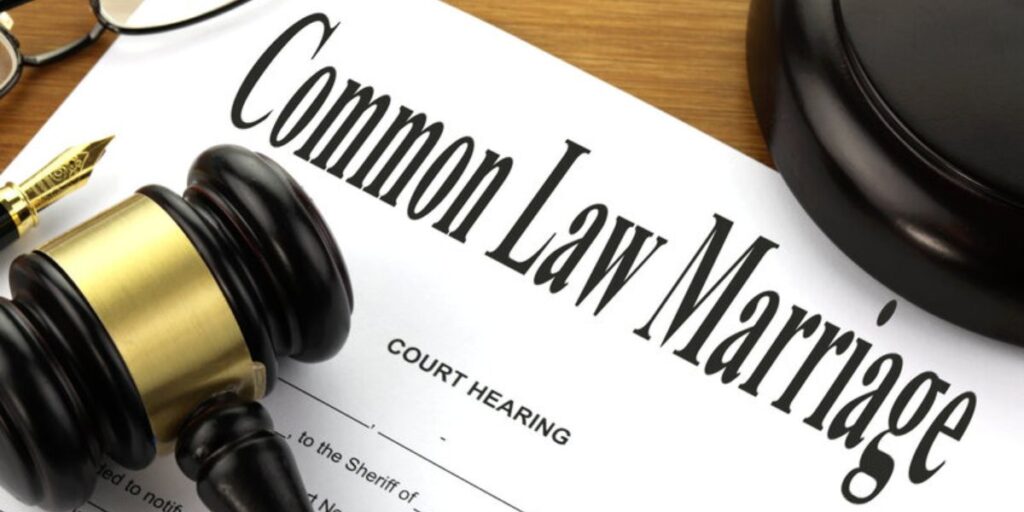The concept of common law marriage—where couples are considered legally married without a license or ceremony—can be confusing, especially since laws vary significantly from state to state. If you’re living in New Jersey, it’s important to understand how the state approaches informal unions.
This article explains whether New Jersey recognizes common law marriage, what exceptions may apply, and what unmarried couples can do to protect their legal rights.
Is Common Law Marriage Legal in New Jersey?
No, New Jersey does not recognize common law marriage. Regardless of how long a couple has lived together or how committed their relationship may be, they are not legally married in the eyes of New Jersey law unless they have:
- Obtained a marriage license, and
- Participated in a legally recognized ceremony.
Even living together for decades and referring to each other as spouses does not create a legal marriage in New Jersey.
Recognition of Out-of-State Common Law Marriages
Although New Jersey doesn’t allow common law marriage within the state, it does recognize valid common law marriages that were established in other states.
If a couple entered into a common law marriage in a state where it is legal (such as Texas or Colorado) and met all the requirements before moving to New Jersey, the Garden State will generally honor the relationship as a legal marriage.
This recognition is based on the Full Faith and Credit Clause of the U.S. Constitution, which requires states to honor the public acts and records of other states.
Legal Alternatives for Unmarried Couples in New Jersey
Even without common law marriage, unmarried couples can still protect their rights and define their responsibilities through legal agreements and planning. Here are some useful tools:
1. Cohabitation Agreement
This legally binding contract can cover:
- Property ownership and division
- Shared financial responsibilities
- What happens if the relationship ends
2. Wills and Estate Plans
Without a legal marriage, a partner has no automatic inheritance rights in New Jersey. Having a will or trust ensures your partner receives your assets if something happens to you.
3. Healthcare and Financial Power of Attorney
These documents give your partner the legal right to make medical or financial decisions on your behalf during emergencies.
4. Domestic Partnership (for some couples)
New Jersey still allows domestic partnerships under certain conditions:
- Both partners are 62 or older, or
- One or both partners is a member of a same-sex couple who registered before 2007
Domestic partnerships provide limited legal rights, but not the full benefits of marriage.
Parental Rights for Unmarried Couples
In New Jersey, parental rights are not dependent on marital status. Both parents—whether married or not—have legal responsibilities to support their children. However, paternity must be established for the father to gain custody or visitation rights if the couple is unmarried.
Final Thoughts
While New Jersey does not recognize common law marriage, couples who wish to protect their rights can still do so through legally binding documents and careful planning. If you’re in a committed relationship without a marriage license, it’s important to take the right steps to safeguard your financial, medical, and parental rights.




More Stories
Common Law Marriage in New Jersey: Legal Requirements and Exceptions
Common Law Marriage in New Jersey: Legal Requirements and Exceptions
Common Law Marriage in New Jersey: Legal Requirements and Exceptions